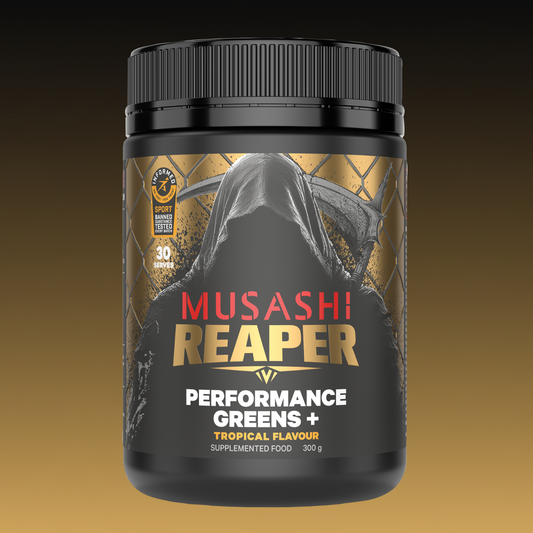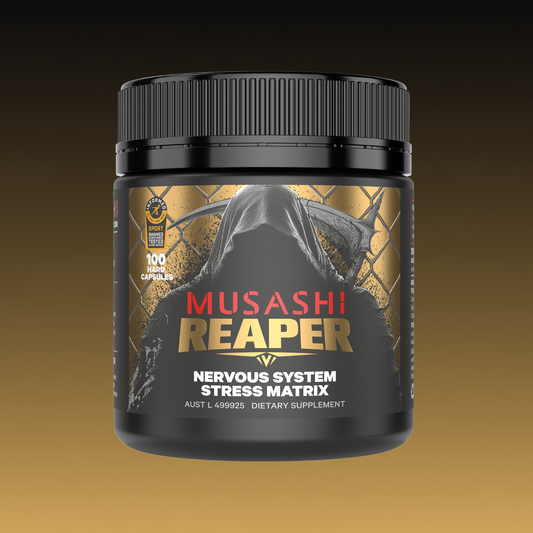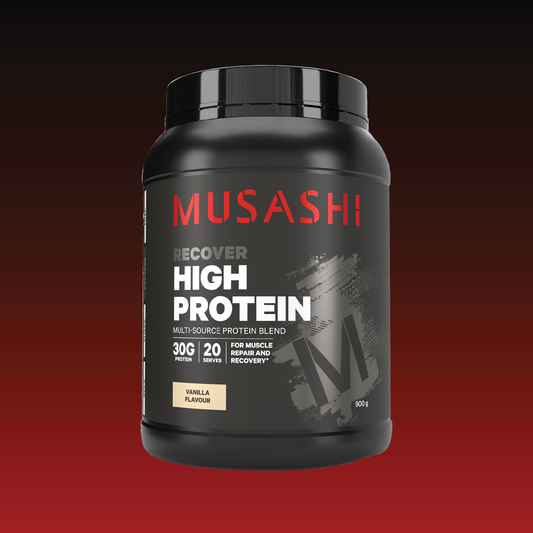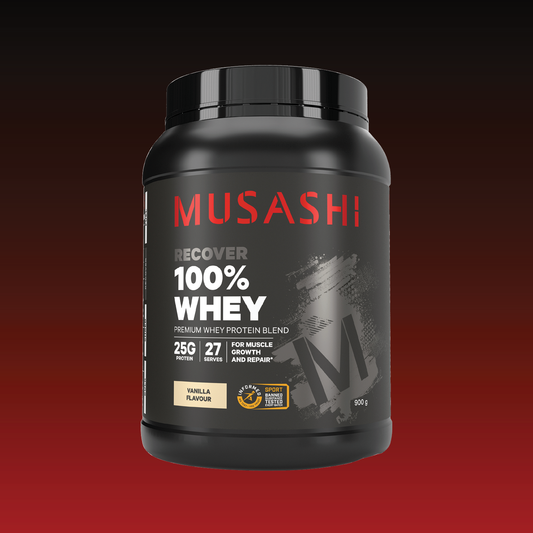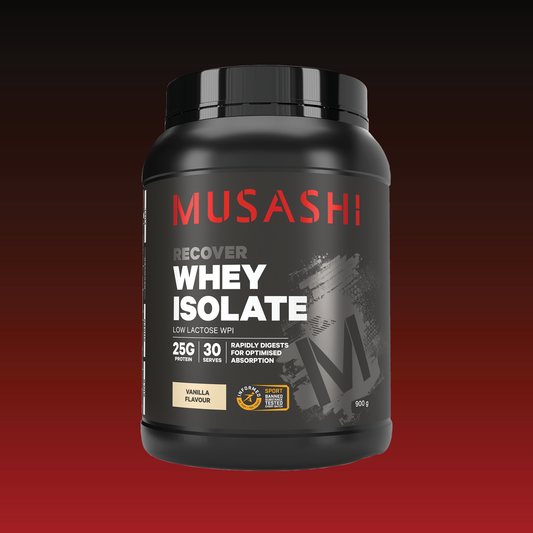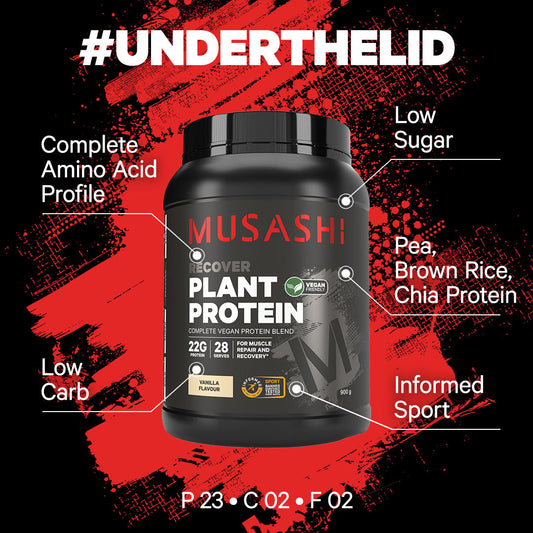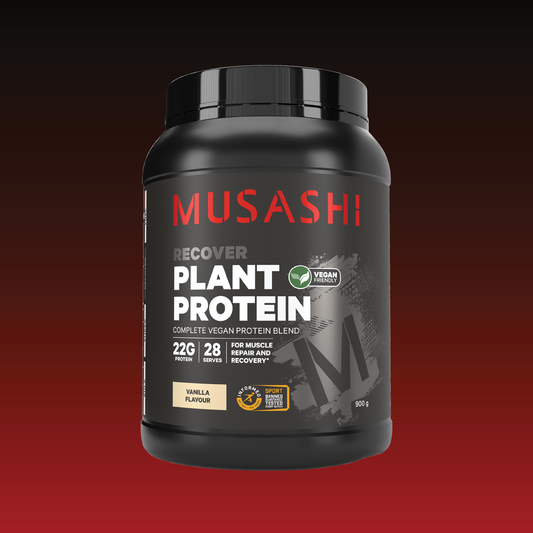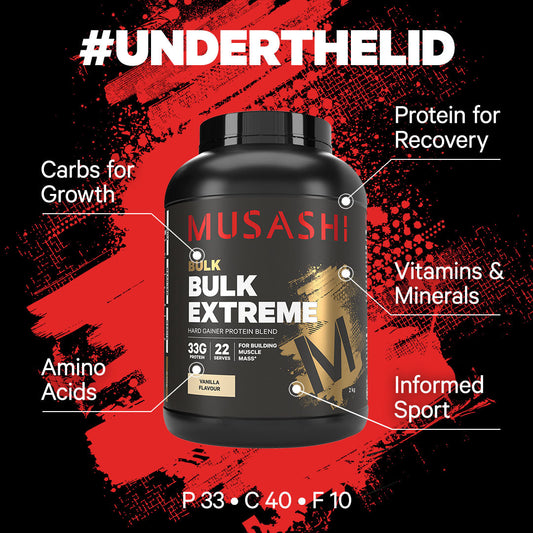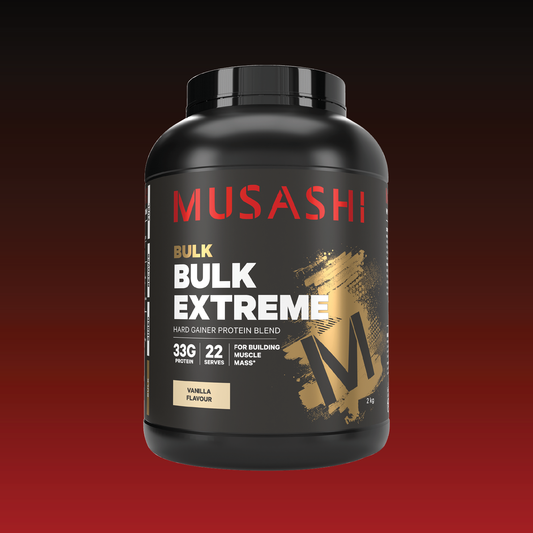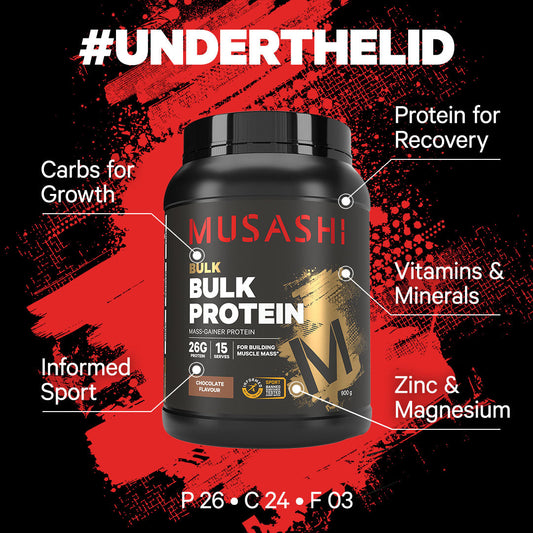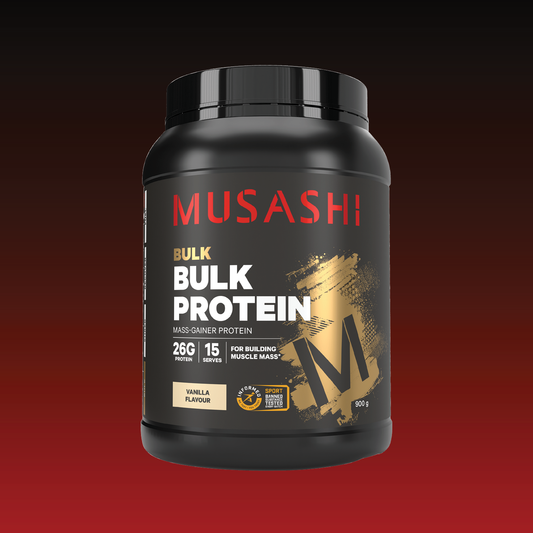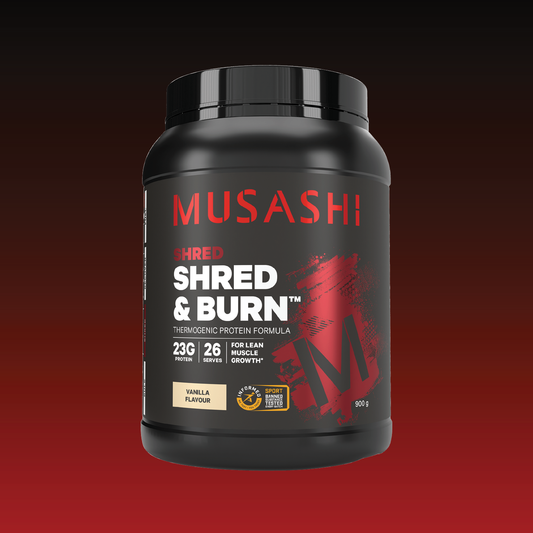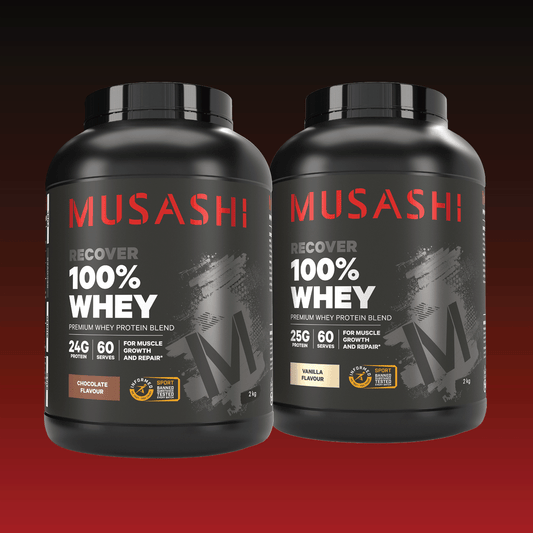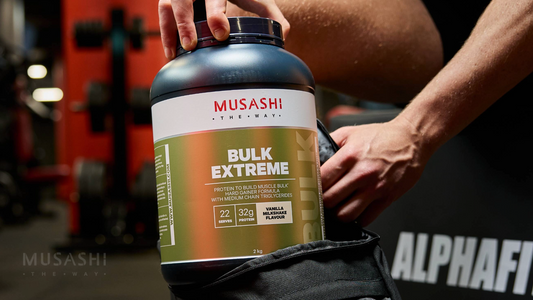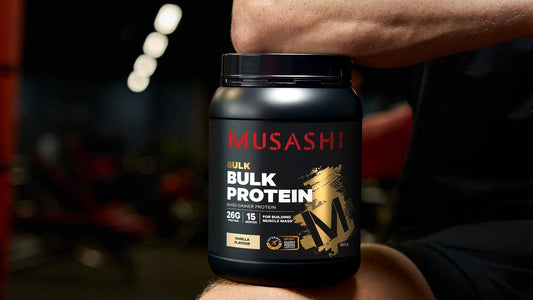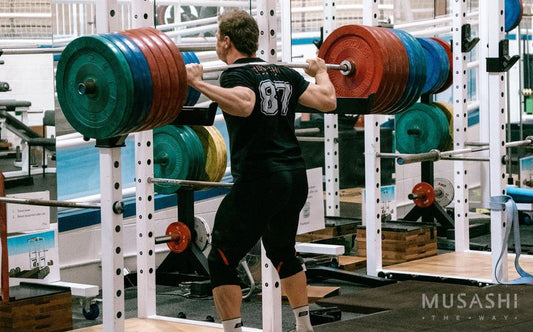
Amino acids are often associated with protein synthesis and muscle growth. However, these essential building blocks play a multifaceted role in our bodies, including hydration.
How Amino Acids Contribute to Hydration
Osmotic Regulation:- Water retention: Certain amino acids, like taurine and glycine, help regulate the movement of water across cell membranes. This osmotic regulation contributes to fluid balance in the body.
- Cellular hydration: These amino acids can help maintain optimal hydration within cells, preventing dehydration and improving cellular function.
- Sodium and potassium: Amino acids can influence the balance of sodium and potassium, which are essential electrolytes for fluid retention and regulation.
- Electrolyte transport: Some amino acids are involved in the transport of electrolytes across cell membranes, ensuring proper hydration and electrolyte balance.
- Free radical damage: Amino acids like glutamine and cysteine have antioxidant properties, protecting cells from damage caused by free radicals. This can help maintain cellular integrity and hydration.
Gut Health:
- Intestinal barrier: Amino acids are crucial for maintaining the integrity of the intestinal barrier, preventing excessive fluid loss through the gut.
- Nutrient absorption: A healthy gut barrier is essential for proper nutrient absorption, including water and electrolytes.
Amino Acids for Hydration: A Closer Look
The Amino Acids that we have put in Hydrate are the following:
- Leucine: A key BCAA (Branched Chain Amino Acid), promotes muscle growth, energy production, insulin sensitivity, immune function, and recovery.
- Valine: A BCAA, is essential for muscle growth, energy production, and overall health.
- Isoleucine: A BCAA, is crucial for muscle growth, energy production, and immune function.
Leucine, valine, and isoleucine are essential amino acids, meaning our bodies cannot produce them on their own and we must obtain them through our diet. These amino acids are collectively known as Branched-Chain Amino Acids (BCAAs). They play a crucial role in various bodily functions, including muscle protein synthesis and energy production.
In the context of hydration, BCAAs can indirectly aid in hydration by supporting overall muscle health and function. Healthy muscles contribute to efficient fluid balance and electrolyte regulation, which are essential for maintaining proper hydration. Additionally, BCAAs can help reduce muscle breakdown, which can occur during dehydration, further supporting hydration efforts.
Incorporating Amino Acids into Your Hydration Routine
While a balanced diet typically provides adequate amino acids, there are situations where supplementation might be beneficial:
- Intense exercise: Athletes and individuals engaged in strenuous activities may benefit from amino acid supplementation to support hydration and recovery.
- Dehydration: In cases of dehydration, amino acid supplements can help restore fluid balance and support cellular hydration.
- Specific health conditions: Certain health conditions may benefit from amino acid supplementation to improve hydration and overall well-being.
References:
- Amino acids and hydration: A review. (2023). Nutrients, 15(10), 2477.
- Taurine supplementation in athletes: A review. (2021). Journal of the International Society of Sports Nutrition, 18(1), 1-11.
- Glutamine: A review of its role in health and disease. (2019). Nutrition Reviews, 77(3), 189-203.
By understanding the role of amino acids in hydration, you can make informed choices to support your body's fluid balance and overall health.

